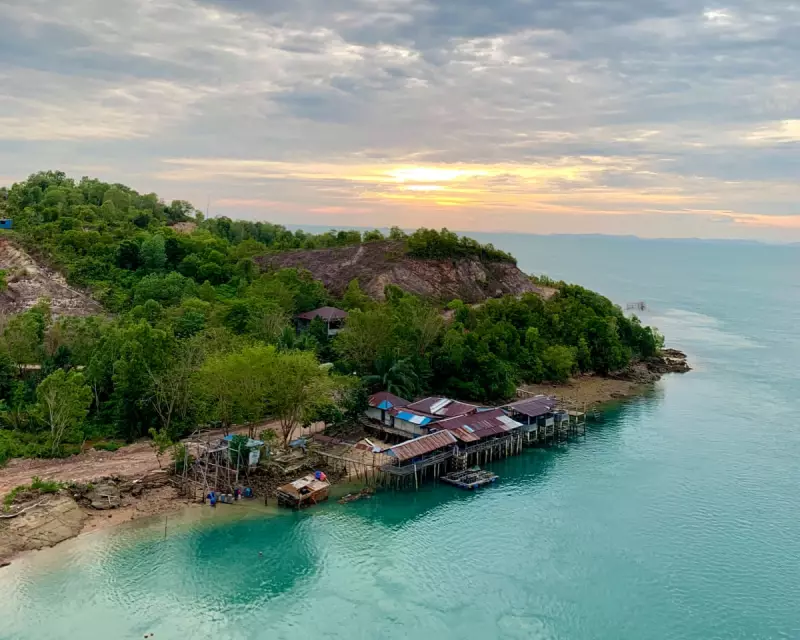
In a bold humanitarian move, Indonesia has announced plans to evacuate and treat approximately 2,000 injured Palestinians from the conflict in Gaza, reviving the historic Galang Island as a sanctuary for medical care.
The comprehensive medical operation, dubbed 'Operation Galang,' will transform the island's facilities into a state-of-the-art medical hub capable of handling complex war injuries and trauma cases.
Reviving a Humanitarian Legacy
Galang Island holds profound historical significance, having served as a processing centre for Vietnamese refugees between 1979 and 1996. This new mission reactivates the island's humanitarian purpose on an unprecedented scale.
Foreign Minister Retno Marsudi emphasised the operation's urgency: "This is not merely a medical mission, but a moral imperative. We cannot stand idle while thousands suffer without adequate healthcare."
Comprehensive Medical Infrastructure
The Indonesian government is mobilising extensive resources to ensure the mission's success:
- Deployment of military medical personnel and specialised civilian doctors
- Establishment of advanced surgical facilities and rehabilitation units
- Creation of temporary accommodation for patients and medical staff
- Logistical support including air and sea transport coordination
Defence Minister Prabowo Subianto confirmed that military assets would facilitate the complex evacuation process from the conflict zone.
International Response and Coordination
The operation has garnered attention from global health organisations and diplomatic circles. While details regarding international funding remain unclear, Indonesia has demonstrated its commitment to bearing initial costs.
This initiative aligns with Indonesia's longstanding support for Palestinian statehood and represents one of the largest single-nation medical evacuations in recent conflict history.
Medical evacuations are expected to commence within weeks, with Galang Island preparing to receive its first patients by early autumn. The operation underscores Indonesia's growing role in international humanitarian crises and its commitment to practical support beyond diplomatic statements.





